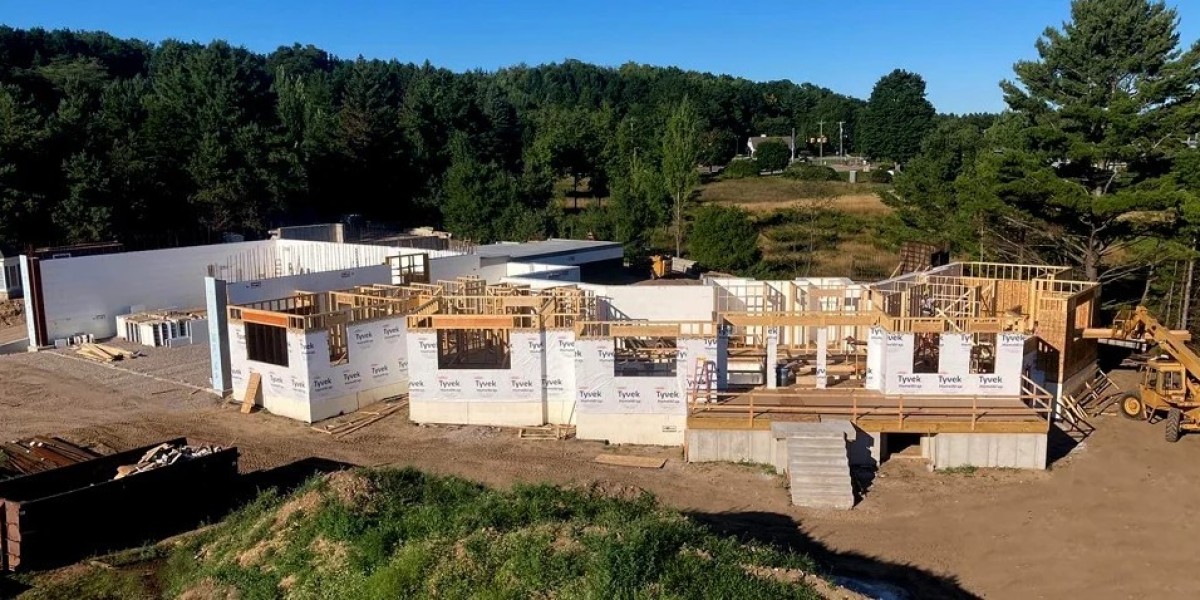SLAYTON -- Joe Wortman breathed a sigh of relief when the jury delivered its verdict Thursday afternoon after three and a half hours of deliberation. His company is off the hook.
SLAYTON -- Joe Wortman breathed a sigh of relief when the jury delivered its verdict Thursday afternoon after three and a half hours of deliberation. His company is off the hook.
The seven member jury in Murray County District Court went into deliberation 1:10 p.m. Thursday, to discuss the civil suit of Michigan Miller Insurance Company and the Chandler Cooperative versus Detroit Radiant Products Company. They came back with a verdict at 4:30 p.m. that decided Detroit Radiant was not negligent and did not design a defective radiant tube heater.
The suit stems from an explosion in January 2004 in the Lake Wilson Fire Hall caused by a break in a gas line that fed a radiant tube heater. The propane gas presumably filled the building, then sparked when the heater ignited, causing the building to explode.
The heater, purchased from Detroit Radiant through a dealer, was installed by two employees of the Chandler Co-op more than a year before the explosion occurred.
Michigan Miller and the Chandler Co-op contended Detroit Radiant should have included a stainless steel flexible connector with the heater.
Co-op employee Jeff Zens testified earlier in the trial that he would have used one if it had been included, but admitted he has used copper tubing with a bend to absorb the expansion and contraction of the metal in other heater installations on a regular basis. He also admitted he had flexible connectors in stock at the co-op that he could have used for the installation.
Detroit Radiant knew the heater was safe when it left the factory, and has certification to prove it.
"Had this not gone our way, it would have been a big blow to our company," Wortman stated after the verdict was delivered. "I'm thrilled, and I think the jury made the right decision."
Detroit Radiant is a small, family-owned company that employs about 40 people. Wortman is the chief operating officer, as well as a part owner.
"I'm very relieved," he said of the verdict. "It's been a long five and a half years, and a lot of resources -- time and money -- have gone into this."
Wortman also said he was grateful for the efforts of "two very talented attorneys."
One of them, Milton Karfis, was also pleased with the jury's decision.
"Detroit Radiant makes a good product," he stated. "At the end of the day, the jury did the right thing."
Testimony from John Schumacher, a forensic engineer who investigates accidents and specializes in gas explosions, began Thursday morning. He was originally hired by Continental Western Insurance Company, who covered two churches in Lake Wilson that were damaged in the blast.
Schumacher said he examined the components of the heater system, as well as the fracture on the flared piece of tubing that let the propane escape into the building.
He made his opinion on the matter very clear, telling the jury, "Chandler Co-op did a horrible job of installing (the heater)."
Many of the radiant tube heater manufacturers do not include the flex connectors, for a variety of reasons he said. The connectors come in different lengths, and the manufacturer would have no way of knowing what length each installation required, he said. The stainless steel connectors are also not up to code in some states, he added.
Chandler Co-op attorney Tom Jensen pointed out that the Natural Fuel Gas Code states a bend in the tubing is sufficient to allow for movement as the metal expands and contracts, and asked Schumacher if he was claiming to know more than the experts who wrote and maintain the code.
"If they saw how it failed, they would come to the same conclusion," Schumacher replied.
During closing statements, Detroit Radiant attorney Dennis Goebel acknowledged that Zens was a nice man and very likable, but reminded the jury the heater did not fail. Because the market had proved that contractors just wanted a basic heater without the connector, Detroit Radiant carried such a model, one Zens ordered for the Lake Wilson job, Goebel stated.
"(The connector) wasn't missing," he added. "No one ever intended it to be there."
Jensen said attorneys for the gas industry never want to blame manufacturers, they instead blame the people installing the appliances.
"All the experts would say Zens is bad," he stated. "The industry is very good at pretending it is never their fault. Is it fair that Detroit Radiant should have no responsibility?"
Since 11 of the tube heaters manufactured by Detroit Radiant come with connectors, Jensen said, the reasons about connector length and local code "are really just all made up."
The jurors were sent to deliberate with a form in which they had to answer several questions. They had to decide if Chandler Co-op was negligent in its installation of the gas line to the radiant tube heater, and, if so, the negligence was a direct cause of property damage. They were asked if the Detroit Radiant design resulted in a defective heater, which was unreasonably dangerous to users and property. If so, was the defective condition a direct cause of property damage?
The jury said yes, Chandler Co-op was negligent, which was a direct cause of the property damage. But did Detroit Radiant design a heater in a defective condition which was unreasonably dangerous?
No, they did not, the jury decided.








